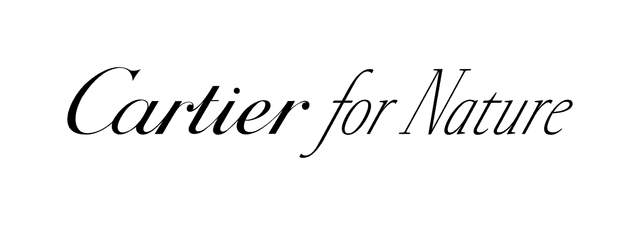Published August 28, 2024
The Comoros suffer from one of the world's highest deforestation rates - but a new, community-led conservation approach aims to turn the tide.
The Comorian NGO Dahari has signed its first 30 individual conservation agreements with local farmers on the island of Anjouan. The organisation hopes that these agreements will mark a milestone on the way to long-term restoration of the archipelago’s depleted forests.
The freshly signed agreements commit the farmers not to cut down native trees and to let their plots of land in native forest areas lie fallow. In exchange for this commitment, the farmers receive monetary transfers based on the size of the plots preserved for the duration of the contract.
The scheme is based on more than a year of meticulous research and planning, during which Dahari worked closely with local farmers and international experts. Together, they analysed and mapped the forest around two pilot villages, Adda and Ouzini, identifying eligible forest plots and working out details such as the compensation each farmer will receive and the compliance rules that apply.
The goal of Dahari’s conservation agreements is to significantly reduce deforestation and protect endemic species such as the Critically Endangered Livingstone’s Fruit Bat, thus helping to maintain healthy forest ecosystems. Dahari aims to conserve at least 1,000 hectares of native forest by 2027 through such agreements – around a third of the remaining forest area on Anjouan, its main base of activity.
Forests in the Comoros play a vital role in regulating the local climate, preserving biodiversity and protecting freshwater resources, as they do elsewhere in the world. However, they have come under immense pressure here in recent decades due to poverty, population growth and unequal distribution of resources.
“The rural population of the Comoros continues to grow, but there are few opportunities for young people to make a living and earn cash income. As a result, many people are left with no choice but to farm for their survival – and that often means clearing more and more forest to obtain arable land high up on the slopes,” explains Hugh Doulton, Dahari’s Co-Director.
As a result of this dynamic, Anjouan has lost 80% of its forests in 30 years – one of the highest deforestation rates in the world. Around forty of its fifty permanent rivers are now dry or run only intermittently.
Dahari hopes its new approach will help turn the tide – and local community members share its optimism. Mr. Naouirou Abdou from the village of Adda is one of the pioneering farmers to sign a conservation agreement. He hopes this approach will benefit the local community as well as nature:
“I agreed to make my plot available in accordance with Dahari’s proposed agreements so as to conserve the forest and help stop the rivers from disappearing due to tree cutting. I also send a message to all forest operators: show maturity and contribute to forest conservation because it is our lives that are in danger. We suffer greatly to get water in Nyumakele region because we light many fires and cut down trees.”
Cartier for Nature is proud to support the vital work of Dahari, including the development of this new conservation agreements scheme and its implementation in the coming years.
